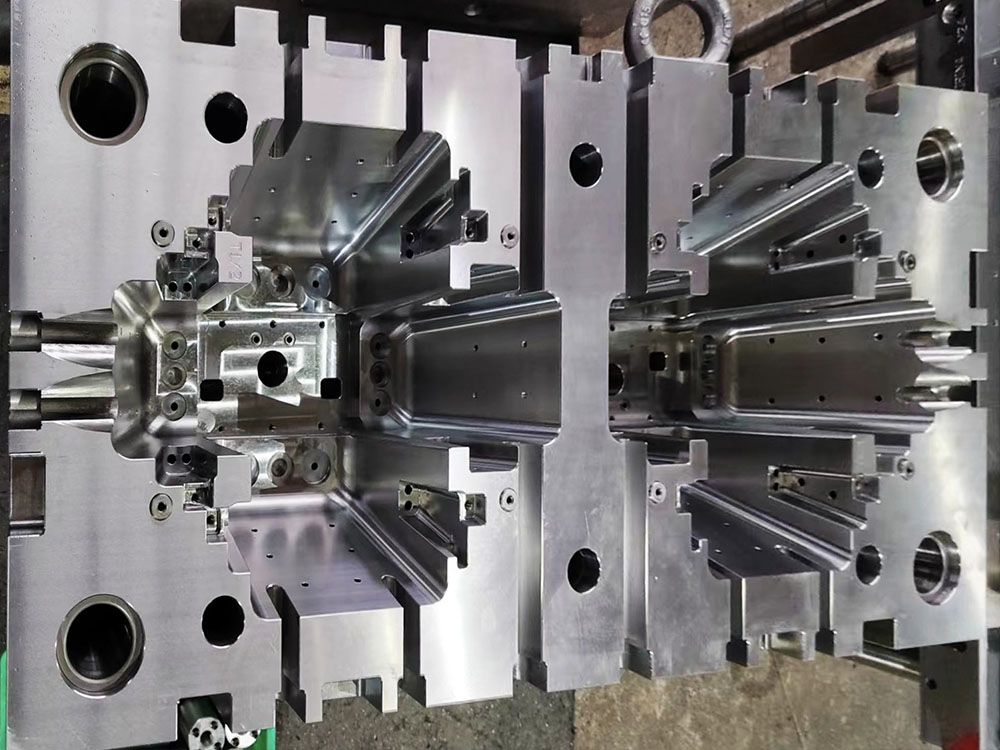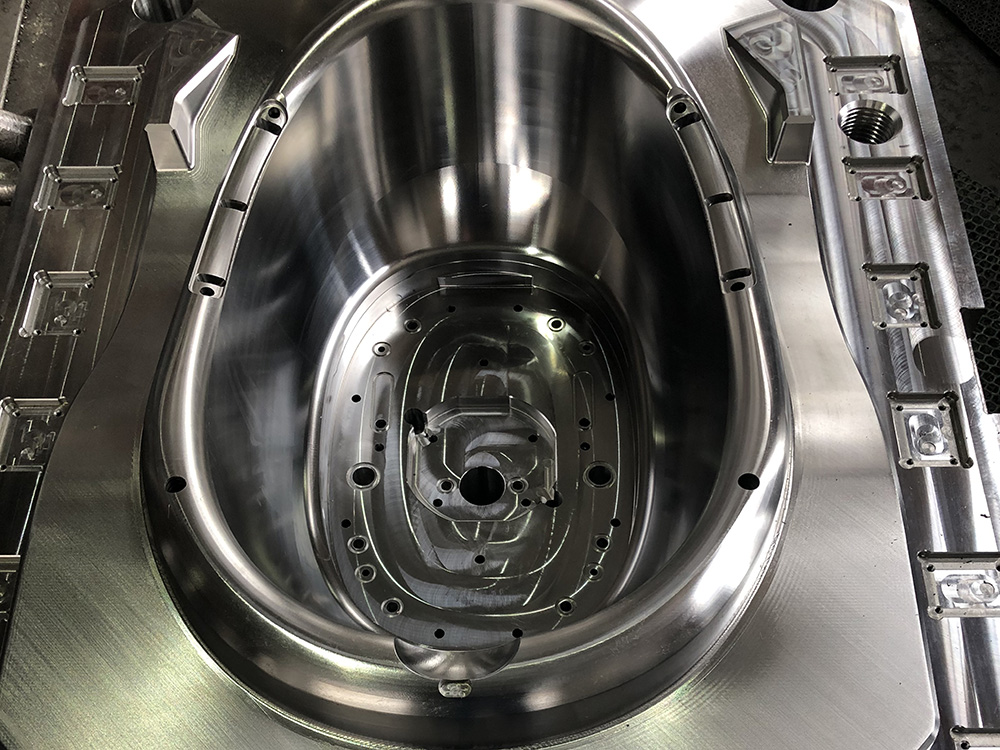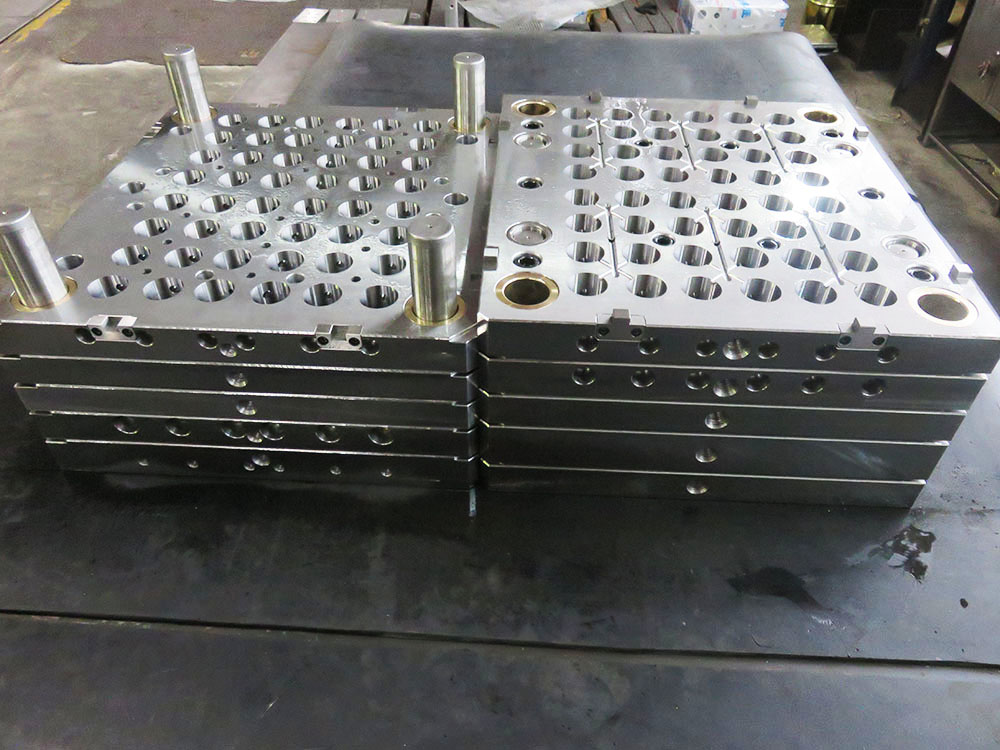Introduction
Modular construction is a building technique that involves the use of pre-fabricated and pre-engineered components to construct structures. This construction method has gained popularity in various industries, including the mold base industry. Modular construction in the mold base industry offers several benefits, such as increased efficiency, cost-effectiveness, and improved quality. In this article, we will explore the different types of modular construction used in the mold base industry.
1. Modular Bases
Modular bases are a common type of modular construction in the mold base industry. These bases are constructed using pre-fabricated modules that can be easily assembled and disassembled. Modular bases offer flexibility and enable the easy reconfiguration of molds for different products. This type of modular construction also allows for quick and efficient maintenance and repair of mold bases.
2. Modular Inserts
Modular inserts are another type of modular construction used in the mold base industry. These inserts are pre-fabricated components that are designed to fit into specific mold base configurations. They are used to add additional functionality or features to the mold base, such as cooling channels or ejector systems. Modular inserts offer the advantage of quick and easy customization of mold bases for specific product requirements.
3. Modular Cooling Systems
Modular cooling systems are widely used in the mold base industry to improve the efficiency and performance of mold bases. These systems consist of pre-fabricated cooling channels that can be easily integrated into the mold base. By using modular cooling systems, manufacturers can achieve consistent and uniform cooling of the mold, resulting in better part quality and shorter cycle times.
4. Modular Quick-Change Systems
Modular quick-change systems are designed to enable the rapid changeover of mold bases for different products or production runs. These systems consist of pre-fabricated components that can be easily swapped out to accommodate different mold configurations. Modular quick-change systems offer the advantage of reducing downtime between production runs and increasing overall operational efficiency.
5. Modular Ejector Systems
Modular ejector systems are used in the mold base industry to facilitate the removal of finished parts from the mold. These systems consist of pre-fabricated ejector pins and plates that are designed to fit into specific mold base configurations. Modular ejector systems offer the advantage of quick and easy setup, as well as improved reliability and durability.
Conclusion
Modular construction techniques have revolutionized the mold base industry by offering increased efficiency, cost-effectiveness, and improved quality. The different types of modular construction, such as modular bases, inserts, cooling systems, quick-change systems, and ejector systems, provide manufacturers with the flexibility and customization options needed to meet specific product requirements. Embracing modular construction in the mold base industry will continue to drive innovation and optimization in the manufacturing process.




